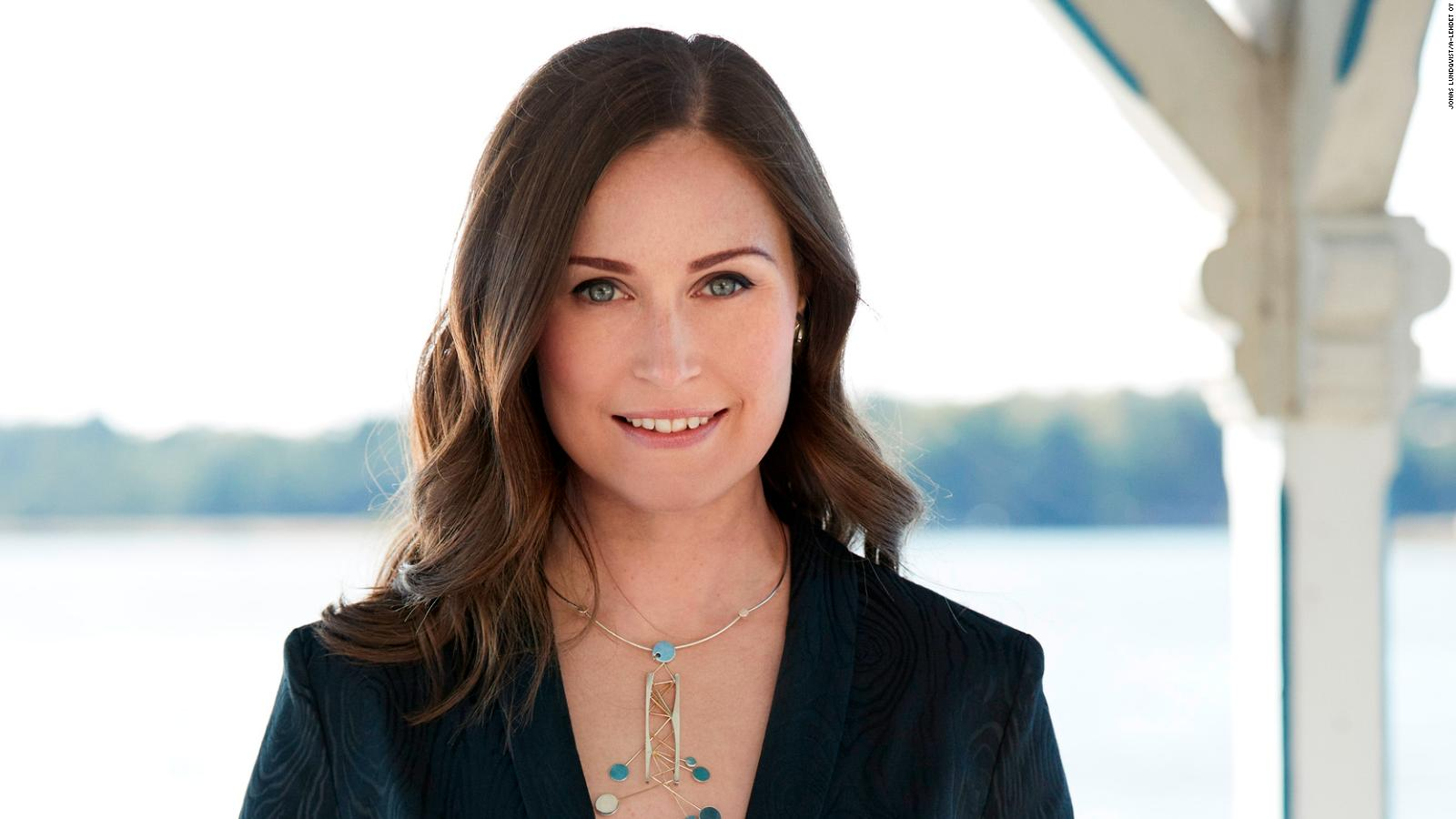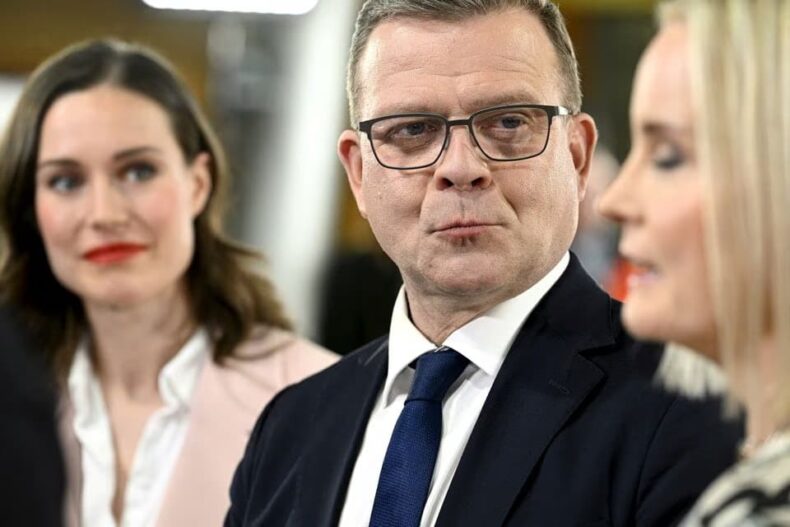Finland has witnessed a seismic shift in its political landscape as its biggest conservative party emerged victorious in a closely contested parliamentary election. In a three-way race that kept the nation on edge, the right-wing populists clinched second place, while Prime Minister Sanna Marin’s Social Democratic Party slipped to third, effectively crushing her hopes of reelection.
With all votes counted, the center-right National Coalition Party (NCP) won with 20.8% of the vote on Sunday evening. They were followed by the right-wing populist group Finns, which received 20.1%, and the Social Democrats, who received 19.9%.
With the top three parties each receiving roughly 20% of the vote, no party can form a government on its own. Approximately 2,400 candidates from 22 political parties competed for the 200 seats in the Nordic countries’ parliament.

Image source : CNN
Table of Contents
Who is Sanna Marin
Sanna Marin is a Finnish politician. Her political career began in her early twenties, when she joined the Social Democratic Youth. In 2012, she was appointed vice president of the organization, and in 2015, she was elected to the Finnish Parliament. In 2019, she was appointed to Prime Minister Antti Rinne’s cabinet as Minister of Transport and Communications.
Marin was elected as the Social Democratic Party’s next leader following Sanders’ retirement in December 2019. She became the world’s youngest prime minister at the age of 34. Finland has increased spending in education and healthcare under her administration, as well as initiated various projects aimed at eliminating poverty and social injustice.She has also been an outspoken supporter of environmental conservation, pledging to make Finland carbon neutral by 2035.
Marin’s leadership style is defined by a dedication to social justice as well as an emphasis on collaboration and consensus-building. She has been an outspoken supporter of progressive measures such as raising the minimum wage and instituting a four-day workweek. Marin’s ascent to prominence has been regarded as a watershed moment in Finnish politics, and she has become a popular figure both within and outside of Finland.

Image source: The Hindu
Finland’s National Coalition Party Wins Close Election, Ending Sanna Marin’s Reelection Hopes
In a close three-way race, Finland’s Prime Minister Sanna Marin’s Social Democratic Party was defeated by the conservative National Coalition Party (NCP). With no party gaining an outright majority, the NCP’s victory means it will almost certainly lead a new center-right government with nationalist overtones. Petteri Orpo, the NCP’s leader and likely new prime minister, has promised to prioritize Finland’s economic growth, job creation, and active participation in the European Union and NATO. During his victory speech, Orpo also promised to assist Ukraine in its fight against Russia, saying that Finland would do everything possible to assist Ukraine.
The NCP received 48 seats in the 200-member parliament, while the nationalist Finns received 46 and the Social Democrats received 43. Marin’s hugely popular center-left government will be replaced by a new government led by the NCP as a result of the power change in Finland’s political environment. Government formation talks are anticipated to begin in the next few days, with the goal of assembling a cabinet with a majority in parliament
Conclusion
The 2016 parliamentary election in Finland resulted in a significant political shift, with the center-right National Coalition Party (NCP) triumphing over Prime Minister Sanna Marin’s Social Democratic Party. With no overall majority, the NCP is anticipated to form a new center-right administration with nationalist overtones, promising to promote economic growth, job creation, and active involvement in the European Union and NATO. Marin’s popular center-left government will now be replaced by the NCP, with government formation talks set to commence in the coming days. The election result signals a dramatic shift in Finland’s political environment, signaling the end of Marin’s reelection prospects and a new course for the country’s leadership.












